Home / trending / Are High-Income Taxpayers Overpaying? Here’s How to Ensure You're Not Paying Excess Tax
Are High-Income Taxpayers Overpaying? Here’s How to Ensure You're Not Paying Excess Tax
By: My India Times
4 minutes read 102Updated At: 2025-01-21
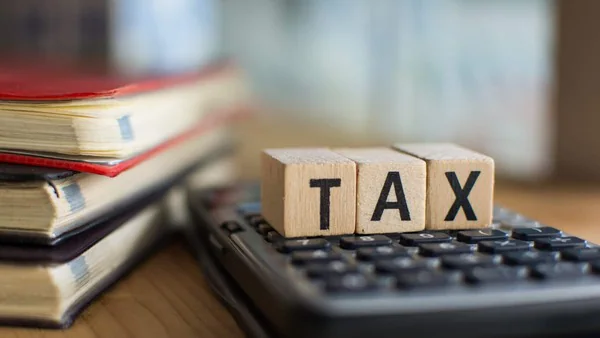
For many individuals in India with annual incomes over Rs 19 lakh, tax season can feel like a financial burden. With tax rates touching 30% for high earners, plus additional surcharges and cess, it’s no wonder that many taxpayers feel they are paying more than their fair share. But is this really the case? Are taxpayers in this income bracket actually overpaying, or is there more to the story?
The Tax Burden for High-Income Earners
India’s tax system follows a progressive structure, meaning the higher your income, the higher the percentage you pay in taxes. For those earning above Rs 19 lakh annually, the income tax rate is a steep 30%, and with the addition of a surcharge, the effective tax rate can climb even higher.
While these taxes are mandated by the government, many high-income earners feel like they are paying too much. This is often the result of two key issues: lack of awareness and poor tax planning. With careful planning, however, it's possible to minimize your tax burden and make your hard-earned income work for you.
Why You Might Be Paying More Than You Should
It’s easy to feel like you're paying excess taxes, but it’s important to understand why this might be happening:
Missed Tax Deductions: The Indian tax system offers numerous deductions and exemptions under sections like 80C, 80D, and 80G. If you're not taking full advantage of these options, you're likely overpaying. Whether it's investing in the National Pension Scheme (NPS), contributing to the Public Provident Fund (PPF), or donating to charity, these deductions can significantly reduce your taxable income.
Not Optimizing Income Structure: Many high-income earners neglect the potential to optimize their salary structure to reduce taxes. This includes taking advantage of allowances like House Rent Allowance (HRA) and special benefits offered by employers.
Choosing the Wrong Tax Regime: The recent switch to the new tax regime—where exemptions and deductions are removed but the tax rates are lower—has made it confusing for many taxpayers. Depending on your financial situation, the old tax regime with its exemptions might actually be more beneficial, but it requires careful evaluation.
Smart Strategies to Lower Your Tax Liability
Fortunately, there are several proven ways for high-income earners to reduce their tax burden:
Utilize Tax Deductions and Exemptions: Section 80C, 80D, 80G, and other provisions allow you to reduce your taxable income by investing in eligible instruments. Contributing to NPS, PPF, and buying health insurance are simple yet effective ways to bring down your taxable income.
Consider Salary Restructuring: Work with your employer to structure your salary in a way that reduces your taxable income. For example, claiming HRA if you’re paying rent, or receiving reimbursements for medical expenses, can help reduce your overall tax liability.
Plan Your Investments: Investment options like Equity-Linked Savings Schemes (ELSS) not only provide potential returns but also come with tax benefits. Similarly, taking advantage of long-term capital gains exemptions or investing in tax-saving bonds can go a long way in saving tax.
Weigh Both Tax Regimes: The new tax regime, while simpler, may not always work out to your benefit, especially if you have substantial deductions. Calculate your tax liability under both the old and new regimes to determine which one offers the greatest benefit.
Why You Should Consult a Tax Expert
If you’re uncertain about your tax planning, it’s a good idea to seek the advice of a tax consultant or financial advisor. With a thorough understanding of tax laws, they can provide personalized guidance, helping you identify opportunities to save on taxes that you may have overlooked. A tax expert can also help you navigate the complexities of tax regimes and deductions, ensuring that you make the most informed decisions.
Conclusion: Empower Yourself with Knowledge and Planning
Taxpayers with incomes over Rs 19 lakh don’t necessarily need to pay “excess” taxes. By staying informed and utilizing the full range of available tax-saving tools, it’s possible to minimize your tax burden and keep more of your income. Whether it's through deductions, exemptions, or smarter income structuring, there are many ways to reduce the taxes you owe.
The key is to plan ahead and take advantage of the opportunities the tax system offers. Don't let the complexity of tax filings overwhelm you. Take control of your tax situation today, and ensure you're not paying more than you need to. The more you understand, the less you pay—and the more you can invest in your future.
....
For many individuals in India with annual incomes over Rs 19 lakh, tax season can feel like a financial burden. With tax rates touching 30% for high earners, plus additional surcharges and cess, it’s no wonder that many taxpayers feel they are paying more than their fair share. But is this really the case? Are taxpayers in this income bracket actually overpaying, or is there more to the story?
The Tax Burden for High-Income Earners
India’s tax system follows a progressive structure, meaning the higher your income, the higher the percentage you pay in taxes. For those earning above Rs 19 lakh annually, the income tax rate is a steep 30%, and with the addition of a surcharge, the effective tax rate can climb even higher.
While these taxes are mandated by the government, many high-income earners feel like they are paying too much. This is often the result of two key issues: lack of awareness and poor tax planning. With careful planning, however, it's possible to minimize your tax burden and make your hard-earned income work for you.
Why You Might Be Paying More Than You Should
It’s easy to feel like you're paying excess taxes, but it’s important to understand why this might be happening:
Missed Tax Deductions: The Indian tax system offers numerous deductions and exemptions under sections like 80C, 80D, and 80G. If you're not taking full advantage of these options, you're likely overpaying. Whether it's investing in the National Pension Scheme (NPS), contributing to the Public Provident Fund (PPF), or donating to charity, these deductions can significantly reduce your taxable income.
Not Optimizing Income Structure: Many high-income earners neglect the potential to optimize their salary structure to reduce taxes. This includes taking advantage of allowances like House Rent Allowance (HRA) and special benefits offered by employers.
Choosing the Wrong Tax Regime: The recent switch to the new tax regime—where exemptions and deductions are removed but the tax rates are lower—has made it confusing for many taxpayers. Depending on your financial situation, the old tax regime with its exemptions might actually be more beneficial, but it requires careful evaluation.
Smart Strategies to Lower Your Tax Liability
Fortunately, there are several proven ways for high-income earners to reduce their tax burden:
Utilize Tax Deductions and Exemptions: Section 80C, 80D, 80G, and other provisions allow you to reduce your taxable income by investing in eligible instruments. Contributing to NPS, PPF, and buying health insurance are simple yet effective ways to bring down your taxable income.
Consider Salary Restructuring: Work with your employer to structure your salary in a way that reduces your taxable income. For example, claiming HRA if you’re paying rent, or receiving reimbursements for medical expenses, can help reduce your overall tax liability.
Plan Your Investments: Investment options like Equity-Linked Savings Schemes (ELSS) not only provide potential returns but also come with tax benefits. Similarly, taking advantage of long-term capital gains exemptions or investing in tax-saving bonds can go a long way in saving tax.
Weigh Both Tax Regimes: The new tax regime, while simpler, may not always work out to your benefit, especially if you have substantial deductions. Calculate your tax liability under both the old and new regimes to determine which one offers the greatest benefit.
Why You Should Consult a Tax Expert
If you’re uncertain about your tax planning, it’s a good idea to seek the advice of a tax consultant or financial advisor. With a thorough understanding of tax laws, they can provide personalized guidance, helping you identify opportunities to save on taxes that you may have overlooked. A tax expert can also help you navigate the complexities of tax regimes and deductions, ensuring that you make the most informed decisions.
Conclusion: Empower Yourself with Knowledge and Planning
Taxpayers with incomes over Rs 19 lakh don’t necessarily need to pay “excess” taxes. By staying informed and utilizing the full range of available tax-saving tools, it’s possible to minimize your tax burden and keep more of your income. Whether it's through deductions, exemptions, or smarter income structuring, there are many ways to reduce the taxes you owe.
The key is to plan ahead and take advantage of the opportunities the tax system offers. Don't let the complexity of tax filings overwhelm you. Take control of your tax situation today, and ensure you're not paying more than you need to. The more you understand, the less you pay—and the more you can invest in your future.
By: My India Times
Updated At: 2025-01-21
Tags: trending News | My India Times News | Trending News | Travel News
Join our WhatsApp Channel

Similiar News

US Supreme Court Rejects 26/11 Accused Tahawwur Rana’s Plea to Block Extradition to India
2025-03-08


















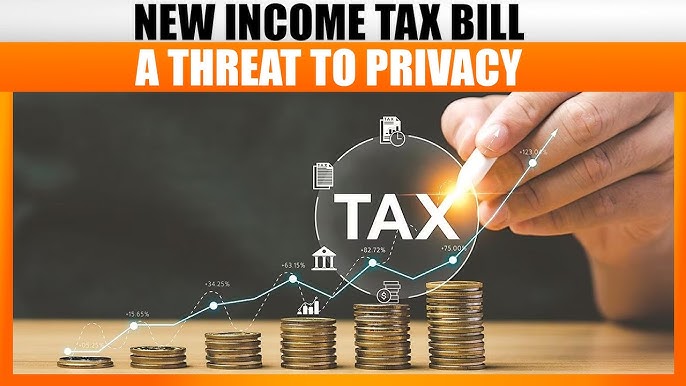


















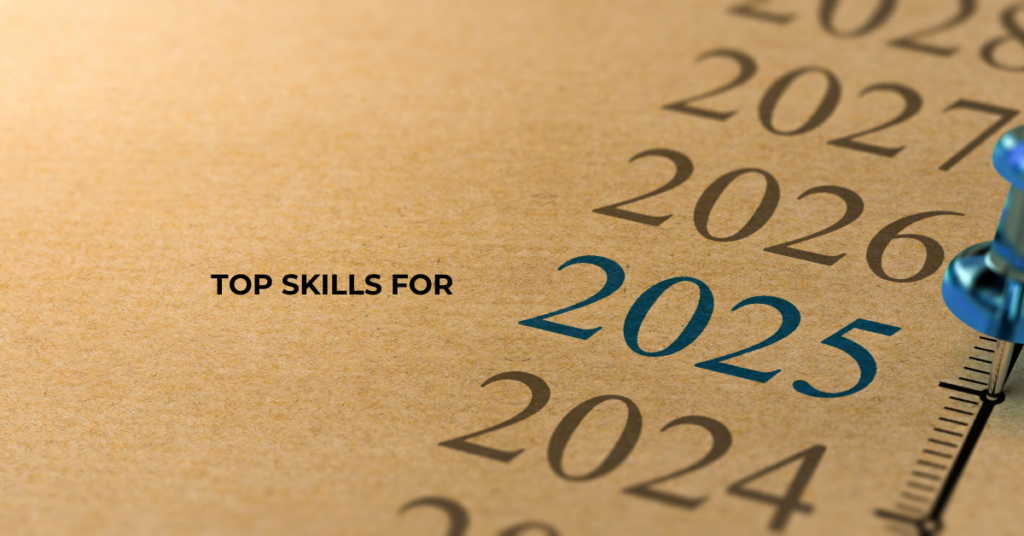













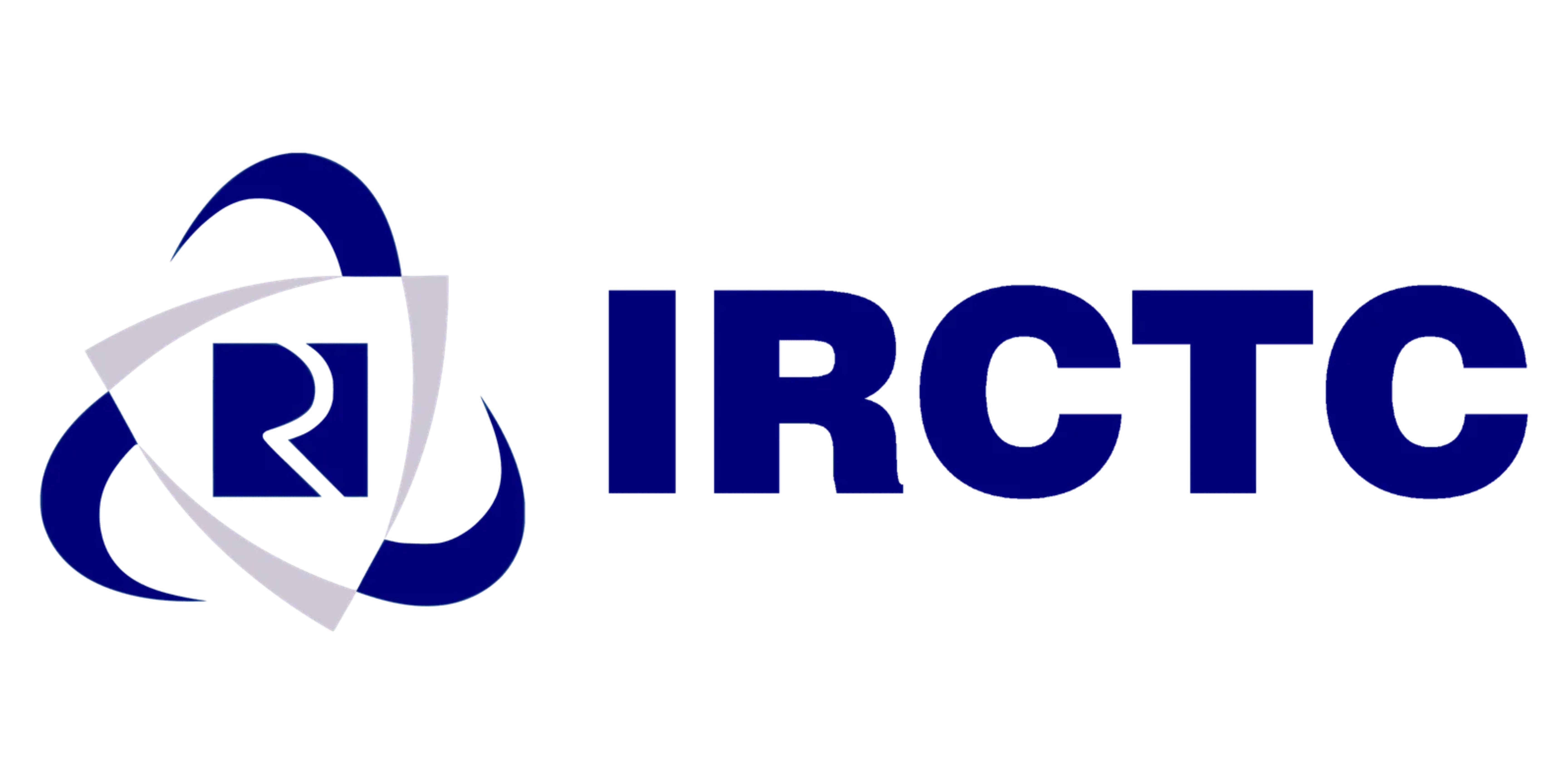

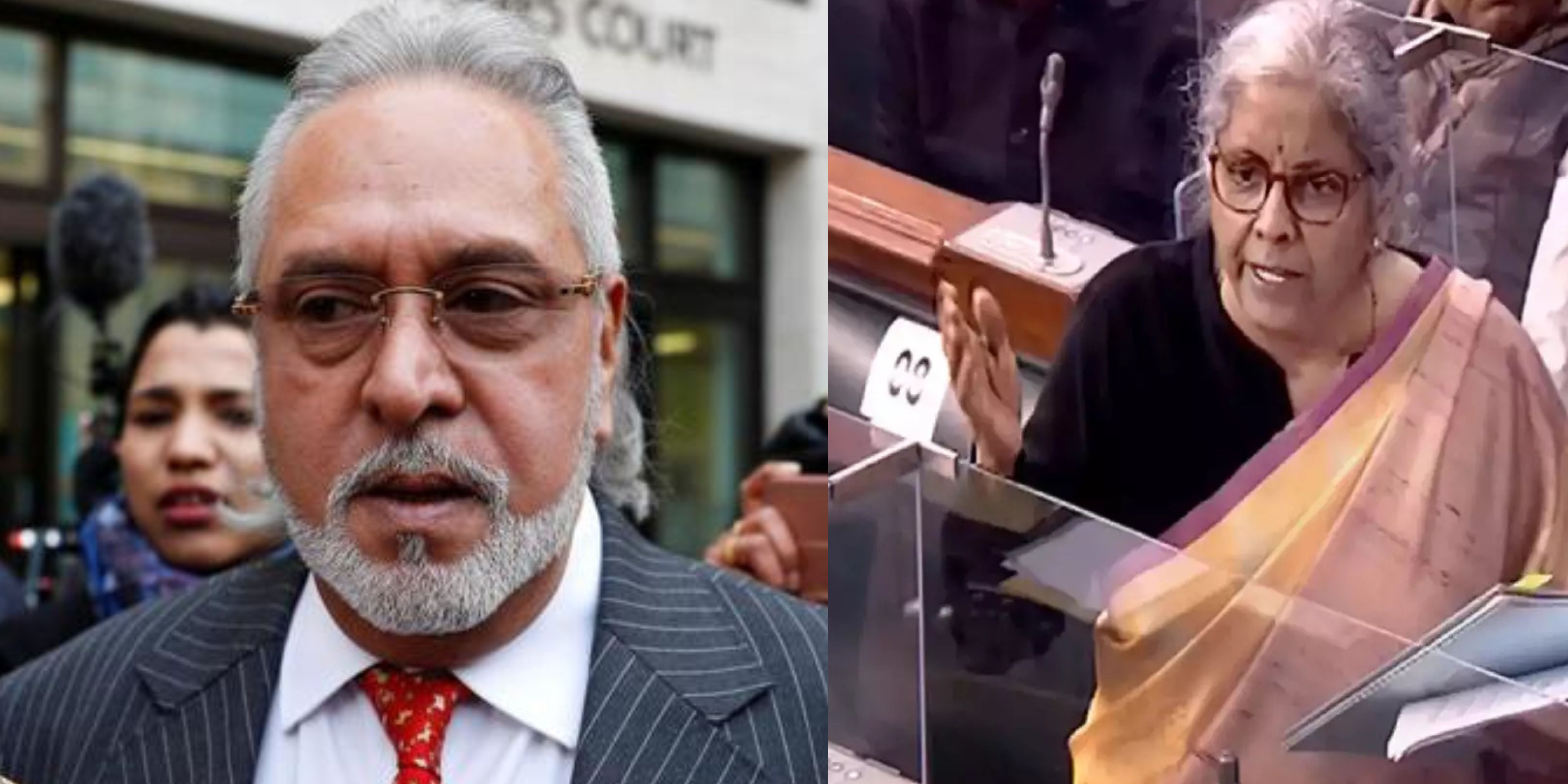









.jfif)





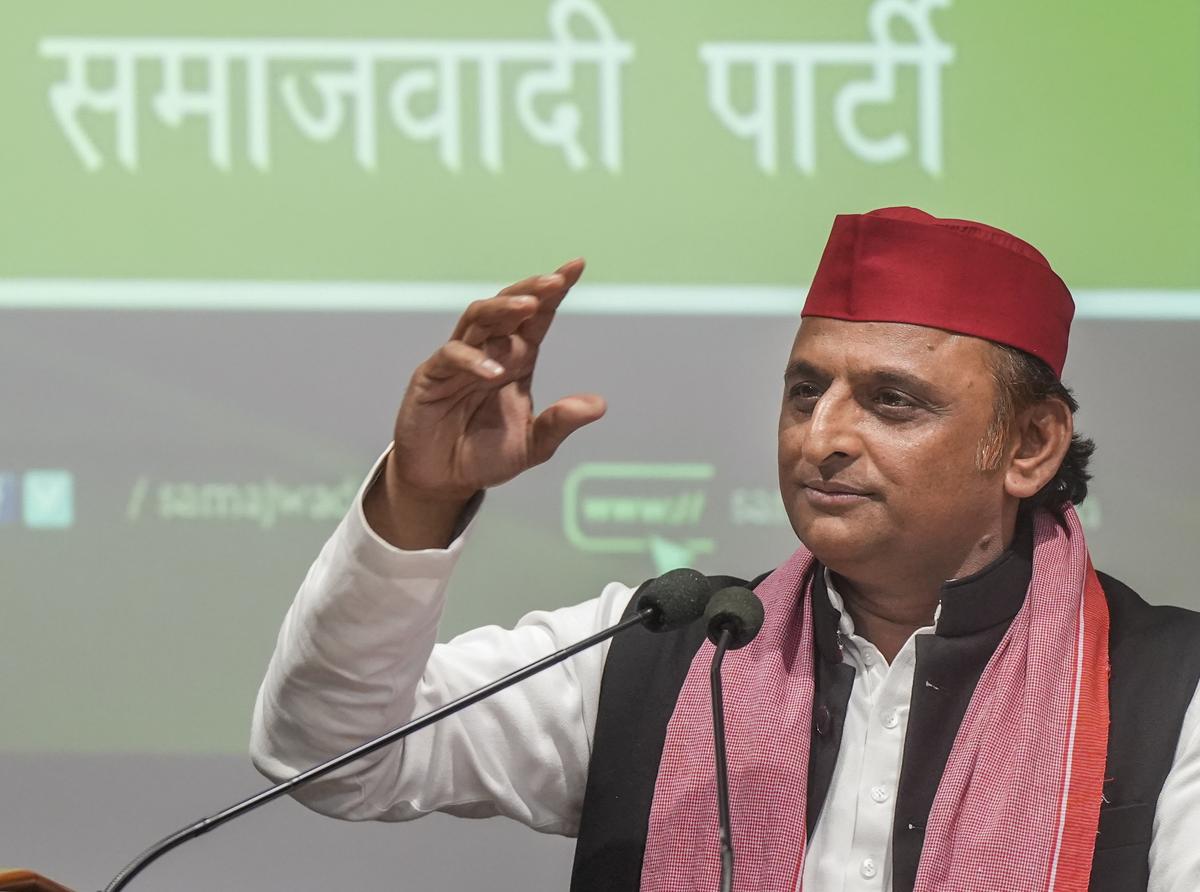



.jpg)





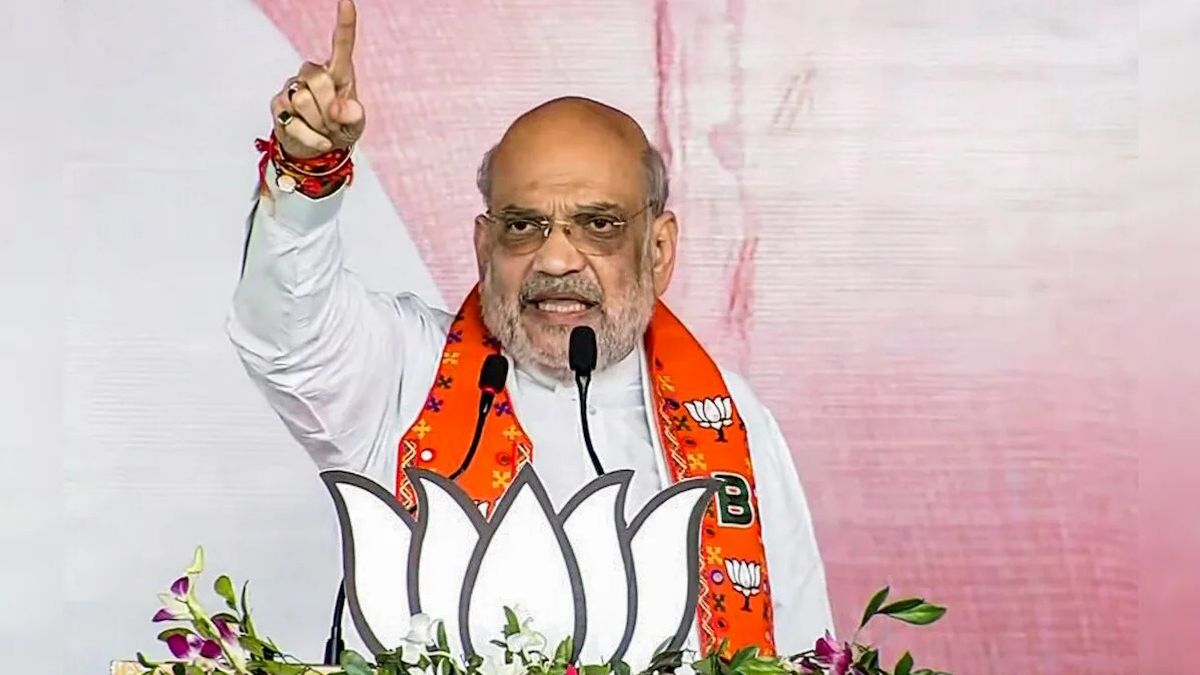





























































































.png)
 (1).png)























